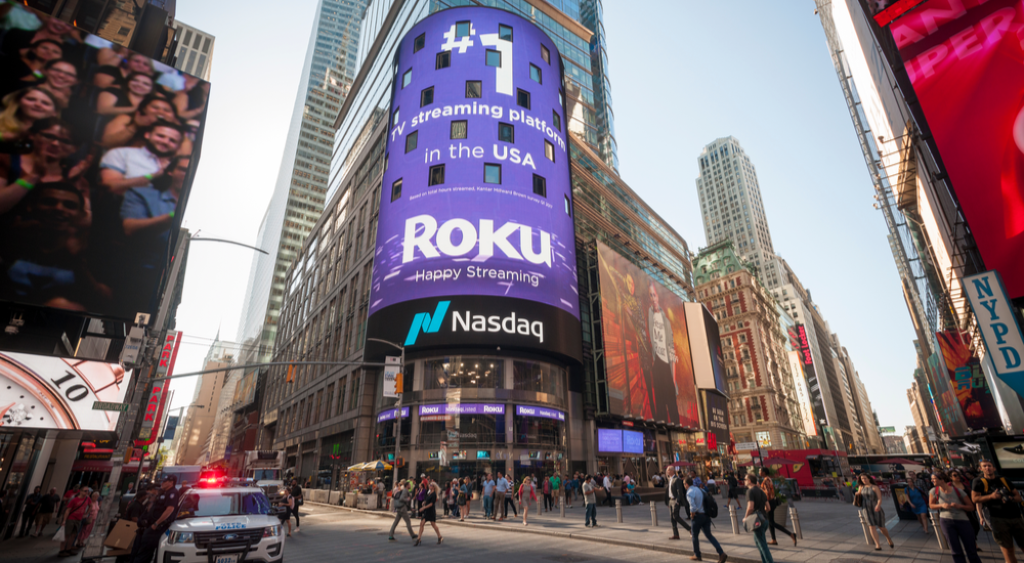Initial Public Offerings (IPOs) | Investing for Beginners

- Initial Public Offerings (IPOs) have been hot over the last decade and saw record numbers in 2021.
- While the business valuation can determine the target price, don’t go off-budget before doing your research.
- After IPOs, the honeymoon stage can be a harsh reality for some retail investors.
Initial Public Offerings (IPOs) are an important part of investing from many perspectives including the company, early-stage investors, and retail investors (those who can invest when the company goes public).
When a company files for IPO and gets the chance to get on the stock market, the company can raise money from public investors, also known as retail investors. This allows public investors to join the action of investing, and buy or sell shares of a potentially profitable company.
Below are reasons why the company may file for IPO, its process when filing for IPO, and why public investors should pay close attention to the company, its stock price, and its financial objectives.
More Than Three Letters
An IPO is when a private company decides to offer shares of their company to the public market in exchange for capital or cash. IPO’s allows retail investors like you and me to gain ownership through purchasing shares of stock in the company going public at that time.

Image Credit: iQoncept / Shutterstock.com
There could be many reasons for a company to determine that it is the right time to go public. Ranging from the economy to industry climate, and the need to raise capital for company efforts. Like banks and other companies, even institutional investors can acquire shares during an IPO.
The Process of Filing for IPO
The process in which a company goes public isn’t quick, but it is interesting. First, the company has to be placed under valuation by underwriters. This will help determine the best type of security to issue, offering price, amount of shares, and estimated time frame for the market offering.
They also have to have a team ranging from the U.S. Securities and Exchange Commission (SEC) experts to lawyers to help drive this process effortlessly. After the key paperwork has been thoroughly reviewed, the company will have to file an S-1 document. This is like having a driver’s permit to drive through the Pre-IPO process.
All important and legal documents will be updated throughout the process until the days leading up to the IPO. Another document that will be established is a prospectus. This is a financial report card of the company leading up to and even after the IPO.

Image Credit: iQoncept / Shutterstock.com
Other essential parts are established during the process like the target share price (or range), valuation (value of the company), number of shares to be issued, and balance sheet. Another thing that would be established is the board of directors.
During the great blitz of 2021, some companies might have been overvalued. So, understanding how to research IPOs will help you understand how to stay focused on the homework over the hype.
Investor’s Insight
Before Purchase
Depending on the company, you can expect to see a good amount of media blitz (or hype) around what to expect for their IPO. You might also hear about their competitors and any debt and hiccups that they have. This information helps investors determine if this company fits their portfolio and financial objectives.
Doing your research before the target price is set will allow you not to have an emotional pull when making a decision on a rather or not fit portfolio. Emotional intelligence is one of the things investors really have to lean on, especially during a potentially hot IPO.
Personal Funds vs. Company Valuation
While the company valuation can determine the target price, don’t go off-budget before doing your research. IPOs can become a pricey risk for some retail investors. One of the things to keep in mind during an IPO is that you don’t have to purchase a company at full share.
You can purchase a stock at a fraction of the share on certain stock market platforms, often called fractional shares. Purchasing fractional shares also helps you stay on track with your budget when that IPO you’re eyeing becomes a bit pricey. In addition, this allows you to see how the company performs not during that IPO honeymoon period, but in the weeks to come.
Recommended Read: Understanding Investing: What Is the Stock Market?
Fractional shares also allow you to build capital gains if the share price goes up and buffer the risk if share prices plummet. Another option investors could do to help with risk is to wait to see if a hedge fund adds it into an exchange-traded fund (ETF), but this could be down the line beyond the buzz period.
During the IPO & Purchase
Most IPOs don't go live on stock trading platforms until around the early afternoon of the day they are publicly announced. Remember that real-time ‘target share price?’ There’s a good chance that you might see that price due to the valuation or other powers as it was reported before the actual IPO. This is why doing your research on the company and its financials before investing will help you make an informed decision before being taken over by the hype of the price on the stock ticker.
Depending on the overall market climate that day, the stock could go up or down. Even the best stock can perform poorly on a volatile day. Also, the price can rally up during the day or drop during the day of the IPO.
After the IPO
In 2021, the Wall Street Journal reported that 2 out of 3 companies that went public are now trading below their initial share price. This statistic should serve the purpose of helping you see how researching before investing in some IPOs can be critical. But, of course, IPOs should still be watched carefully, especially during earnings reports like any stock within your portfolio.

Image Credit: rblfmr / Shutterstock.com
The earnings after the initial IPO typically give investors another look into how the company performs compared to the initial preview. Sometimes, holding off on purchasing a stock will allow you to determine your position with that specific company. Some companies are suitable for the long term, while some are good for the short term investing strategy.
Investor’s Toolkit: Things To Keep In Mind
Research is an essential tool that an investor can use to understand a company, determine the best investment strategy, and invest in the best IPOs. While some investors can have buyer’s remorse, some may see capital gains with IPOs.
Even if you don’t catch a stock during the IPO honeymoon, you can still circle back to buy the stock later. It’s important not to allow FOMO (fear of missing out), social media “gurus,” or the hype around a stock to allow you to invest in a stock that you may regret. As the soon-to-be potential owner of a company that’s going public, you must do your due diligence.

Image Credit: insta_photos / Shutterstock.com
Depending on the company’s age, raising this amount of capital can be life-changing and push the needle forward for the company itself. An IPO can also be seen as an exit strategy for the company’s founders and early-stage investors. For founders and early investors, they can fully maximize their initial profits by offering shares to the public.
But for public investors, IPOs can be seen as a time to jump in on what could potentially be unicorns on the stock market. In addition, IPOs can be a profitable or unprofitable investment for public investors. Thus, certain stocks can be an excellent way to help build wealth, while some can be just buzzworthy.
What are your thoughts on investing in companies that first hit the stock market? Share your thoughts with us in the comments below.